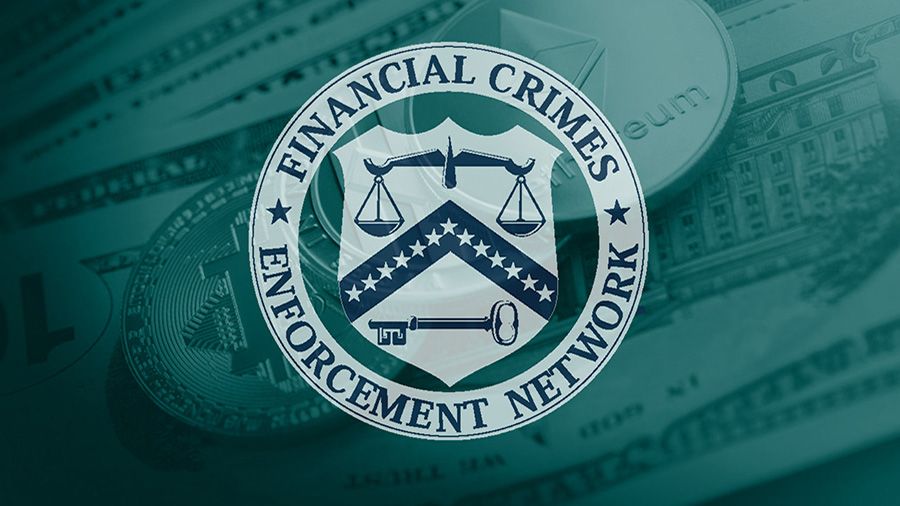The Financial Crimes Enforcement Network of the United States (FinCEN) has identified the fight against illegal activities related to cryptocurrencies among the agency’s key priorities.
In the first list of national priorities, FinCEN identified eight key areas: corruption, cybercrime and related aspects of cryptoasset-related illegal activities, including terrorist financing, fraud, transnational criminal organizations, drug trafficking, human trafficking and financing the proliferation of weapons of mass destruction.
So far, the agency’s priority list is not linked to any regulatory action. According to FinCEN, the agency will later “issue rules that will determine how financial institutions should incorporate these priorities into their risk-based AML programs.”
FinCEN has been trying to develop an approach to overseeing the cryptocurrency industry since late 2020, when the agency proposed requiring banks and financial institutions to report transactions from any cryptocurrency wallet. Due to the departure of the administration of the previous US President Donald Trump, consideration of the rule was postponed.
FinCEN’s inclusion of cryptoassets in the agency’s priority list came after several high-profile ransomware attacks. In May, Colonial Pipeline, the operator of the largest fuel pipeline system in the United States, paid hackers $ 5 million in BTC to restore the system. As a result, the US Department of Justice was able to return most of these bitcoins.
“The Treasury Department is particularly concerned about cybercrime, ransomware attacks and the misuse of cryptoassets that undermine their innovative potential, including through money laundering,” FinCEN said in a statement.
FinCEN views cryptoassets as a “significant financial innovation” but states that they act as “the preferred form of payment” for a variety of illegal activities, including ransom payments for ransomware attacks, the purchase of illegal substances, and even “promoting illegal activities and the nuclear ambitions of certain states. “.
Recall that in May it became known that FinCEN wants to study the work of privacy technologies, including those that underlie some of the blockchain protocols.







